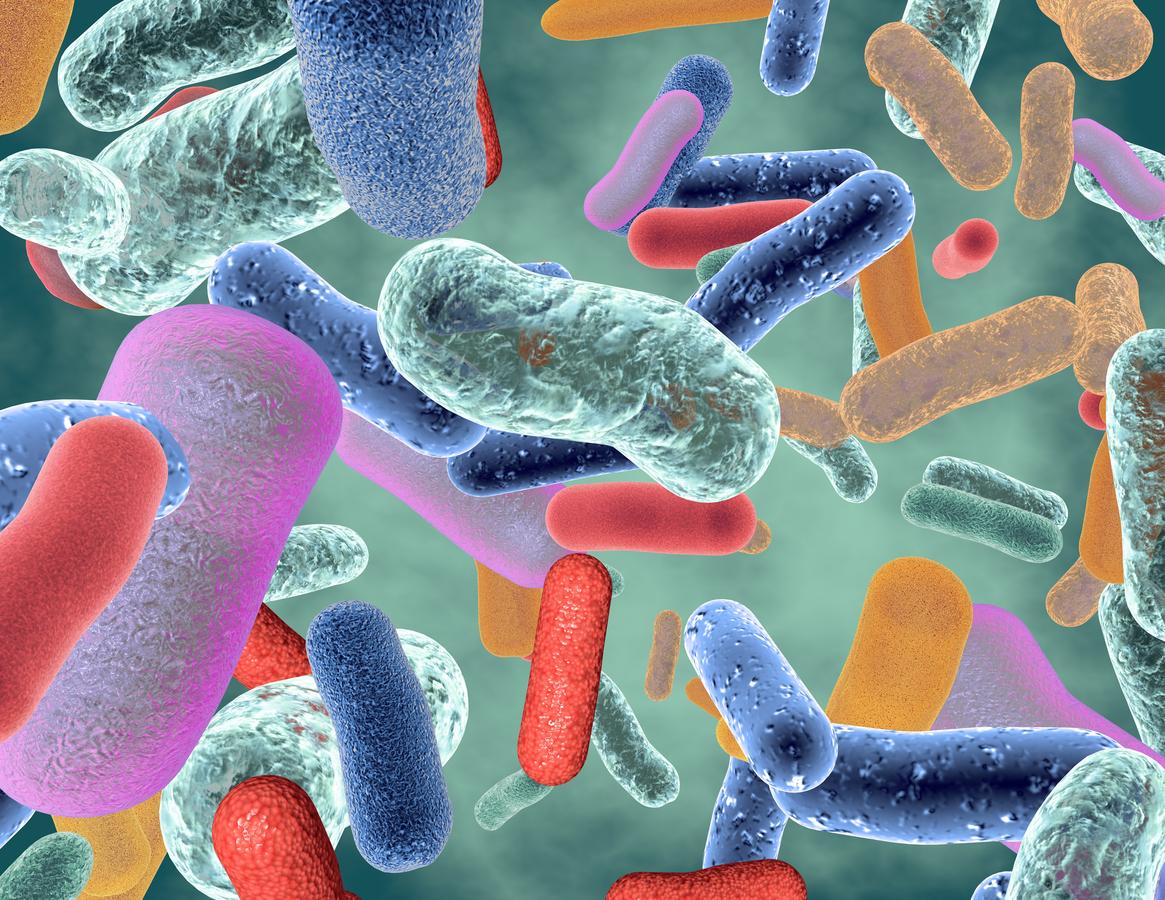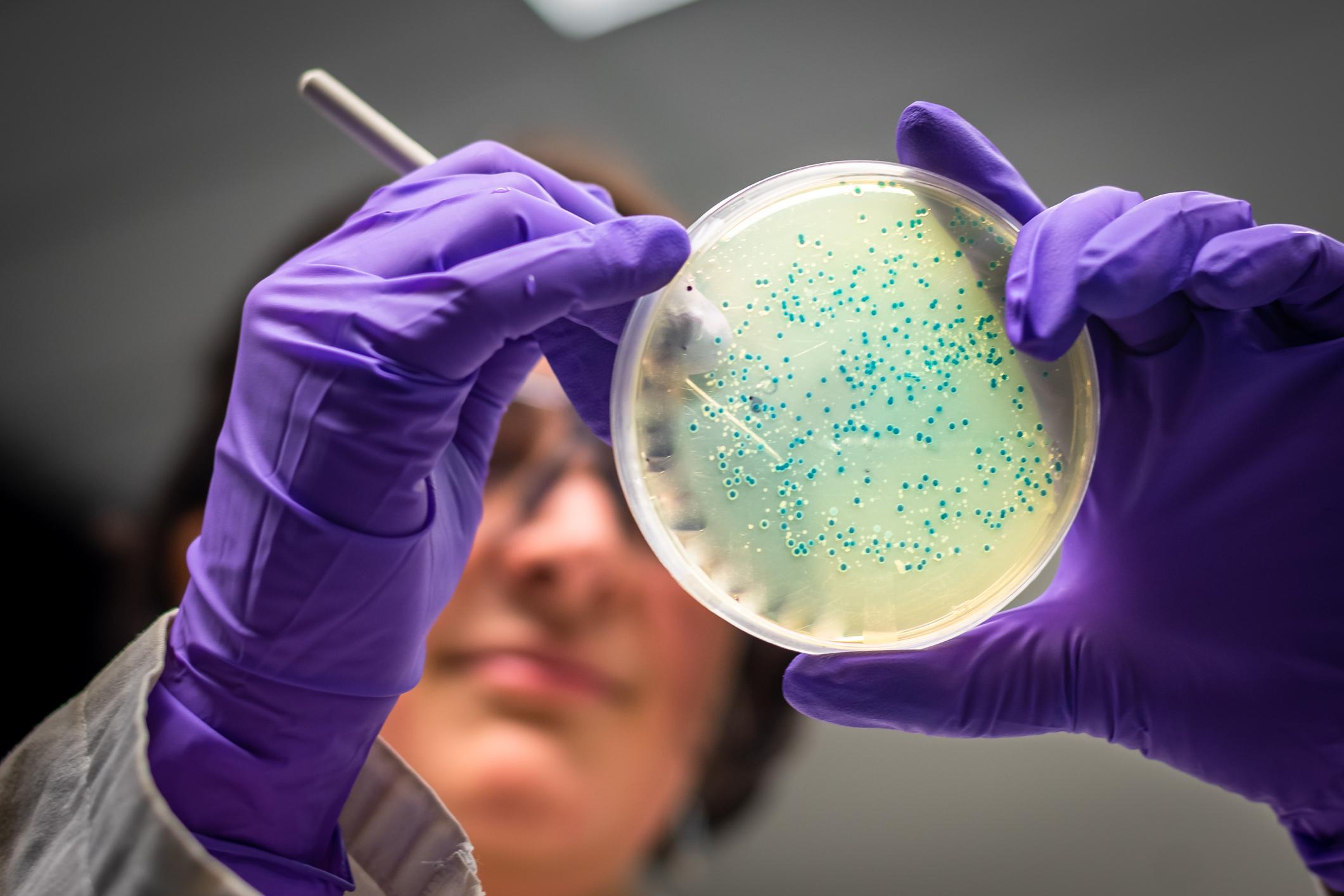A new study reveals a link between disturbances in the intestinal microbiota, particularly due to the use of antibiotics at a young age, and increased aggressiveness.

- Disturbances of the intestinal microbiota, particularly due to the use of antibiotics at a young age, lead to increased aggressiveness in mice.
- The researchers also observed significant changes in metabolites and gene expression linked to aggression in the rodent brains.
- This study highlights the importance of the gut-brain axis in behavior.
If antibiotics fight against diseases of bacterial origin, they can also disrupt the “good bacteria” present in the intestine. And this alteration of the intestinal microbiota does not only lead to potential digestive problems, according to a study from Bar-Ilan University published in the journal Brain, Behavior, and Immunity.
Researchers have discovered a link between disruptions in the gut microbiota and an increase in aggression.
An altered microbiota leads to increased aggression
After observing a correlation between exposure to antibiotics and increased aggressiveness in fruit flies, scientists decided to evaluate the potential impact of an alteration of the microbiota in humans. To do this, they implanted the microbiota of human infants into mice through fecal transplants. Some came from babies who took antibiotics shortly after birth. The others were taken from babies who had never had medication. All treated animals were then placed in contact with a foreign congener.
The team then examined their behaviors, but also biochemical and neurological changes using several examinations. For example, they carried out urine tests or measured the level of serotonin or tryptophan in the brain.
Three to five weeks after transplantation, animals whose microbiota had been altered by antibiotics were more aggressive than those treated with healthy stools.
Microbiome: new therapeutic avenues for disorders linked to aggression
Another observation by the researchers: significant changes in metabolites and gene expression linked to aggression were observed in the brains of rodents.
These data reveal the importance of the gut-brain axis and the role of the gut microbiome in modulating aggression. Furthermore, for the researchers, their study highlights its potential pathways of action, offering perspectives for the development of therapeutic strategies for disorders linked to aggression.
















